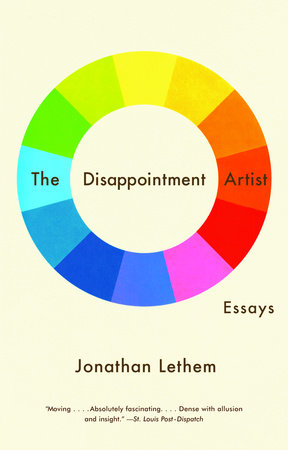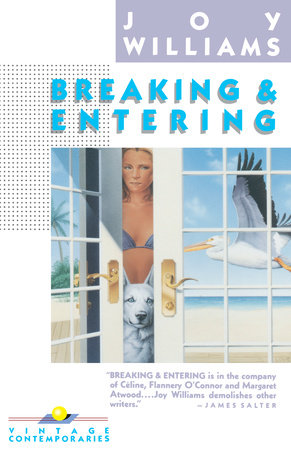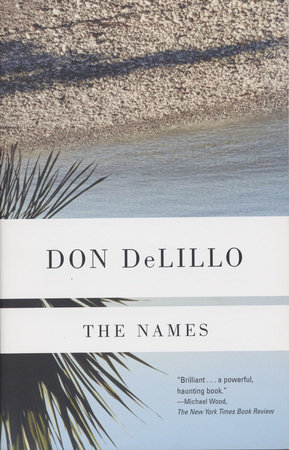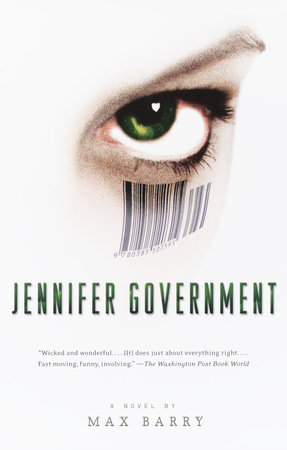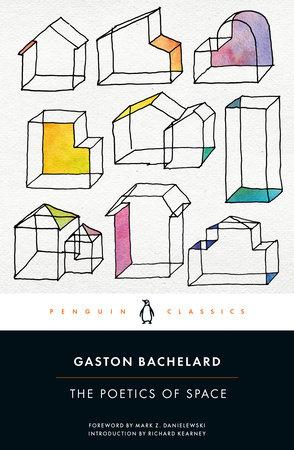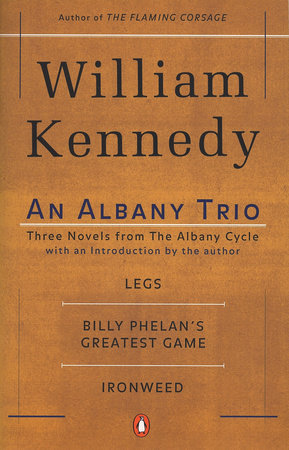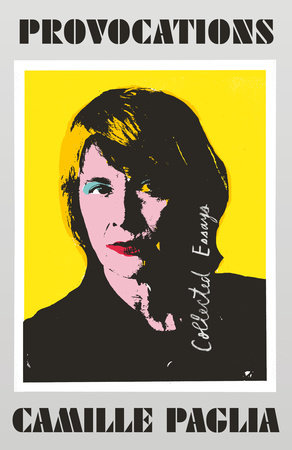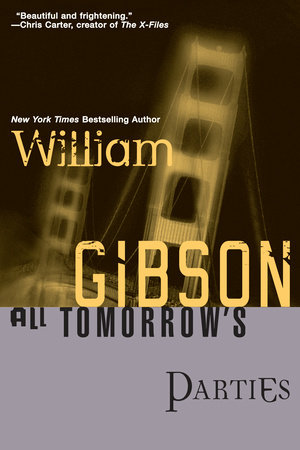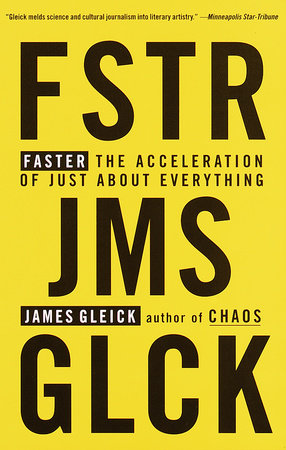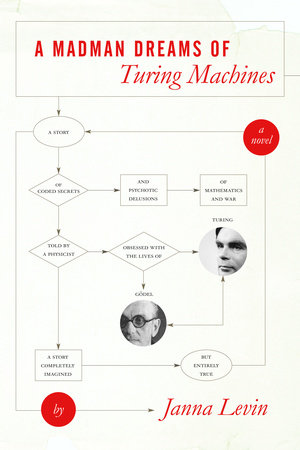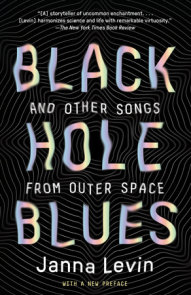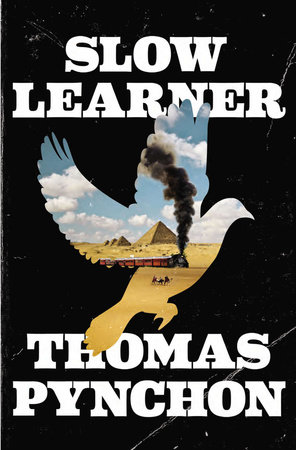Author Q&A
I can’t say I know any other physicists who are also novelists: why the change from scientific writing to How the Universe Got Its Spots and now to fiction? Have you enjoyed the change?
I love science and I love books and they are just not the same thing. I wouldn’t even say they are different sides of the same coin, even if similar themes recur when I work on both. So when it came to writing a book, even a popular science book like How the Universe Got Its Spots, I wanted to stretch beyond what I could possibly do in technical writing. I wanted to find a voice and tell a story. And when that was done, I wanted to go further and write a book structured on ideas that was purely narrative and hopefully beautiful. The ideas that influenced this new book are deeply moving and so are the real stories and I didn’t believe a reader would get the same visceral impact from a pedagogical lesson. This book is being published under fiction but the kicker is that the core stories are entirely true. And those stories are stranger and more incredible than anything I could make up.
Kurt Gödel and Alan Turing never actually met. Why write about those two?
Alan Turing is most famous for breaking the German Enigma code during World War II. But among scientists, he’s best known for pure mathematical discoveries inspired by Kurt Gödel’s greatest work. Taken together their work proves that there are fundamental limits to what we can ever know. In the wake of this massive blow to knowledge, Turing invents the computer. So here they converge on some phenomenal truth about numbers but then diverge completely in their worldviews–Turing becomes an atheist who believes we are no more than soulless biological machines and Gödel believes in reincarnation of a soul. And then their suicides are bleakly complementary–Gödel starves himself to death in a paranoid delusion that his food is poisoned and Turing intentionally eats poisoned food, an apple, straight out of Snow White. I said you can’t make this stuff up.
You worked at Cambridge University, where Alan Turing was a student before joining the British campaign to break the German Enigma code during World War II. Did that inspire you at all when creating his voice?
Absolutely. I had a feeling for Cambridge having spent years there. I know the market, the square, the fields, the river, the weather. I’ve run through those meadows too and so I was writing about places and experiences that were real for me.
And for Kurt Gödel?
I spent some time in Princeton going through boxes of Gödel’s personal effects, letters, and notebooks. And I’ve spent time in Germany and Austria. But Gödel was a cooler, more detached person and if that comes through, it’s part of the truth about him.
Both How the Universe Got Its Spots and A MADMAN DREAMS OF TURING MACHINES explores the link between brilliance and mental illness. Turing died from an apple injected with cyanide and Gödel was a paranoid lunatic. Why the connection?
I’m glad for the opportunity to say outright that I don’t mean to imply a connection between brilliance and madness. Turing particularly was not insane. He was unusual and eccentric but not crazy. But I do think there is a painful and fascinating link between their brilliant attributes and their deep flaws. Gödel’s compulsive adherence to logic made his life almost unlivable. He couldn’t brush any detail aside and got trapped in these logical sequences that lead him to seemingly crazy beliefs. Turing too was a complete individual, committed to truth, so when the police came to his home to investigate a robbery, he didn’t think to hide his homosexuality. This was the 1950s. After being tried and convicted of homosexuality and sentenced to hormonal castration, Turing’s suicide became an inevitable tragedy. Gödel and Turing are extreme versions of the human predicament. We are all great and ridiculous at the same time. What makes us great is often what makes us ridiculous.
In both of your books you bring personal reflections to bear on your subject matter. Why include the personal element in your work?
The reasons are different for the two books. How the Universe Got Its Spots was literally me talking about my research on the question of whether the universe is infinite or finite. It seemed only right to use a personal voice. For A MADMAN DREAMS OF TURING MACHINES, the reasons are subtler. The book is structured around the ancient Liar’s Paradox–The liar says, "This is a lie." Oddly enough, this self-referential tangle deeply influenced Gödel’s and Turing’s mathematical discoveries. I needed to be in the book to tell the lies that lead to the true story, the fiction that’s fact.
I imagine that full-time research and teaching at a university doesn’t leave much time for much else–how do you fit in your writing?
I have no idea. I’m open to advice.
I haven’t figured out a smooth method. For long stretches I write as though that’s all there is and then I research for long stretches as though that’s all there is. And I teach. And I have a baby. Open to advice.
You didn’t graduate from high school. If you could do things differently, would you?
No, it’s funny. I get to say I have a PhD but no high school diploma.
Why didn’t you graduate from high school?
My family moved from Chicago to Florida during my junior year in high school. I think the euphemism for that age group is “restless”. I was restless. I missed the city and was admittedly getting to be a handful in that terrifying way teenagers can be handfuls. Things came to a collision, literally, on my 17th birthday when my friend’s Mazda flipped over a footbridge and landed upside down in a canal with us inside. We survived although not without injury. The episode was bad enough that it occurred to me, and some of those around me, that maybe high school wasn’t working out anymore. I had an excellent teacher who pulled me aside — literally pulled me out of the classroom by the arm — and told me that I shouldn’t be there any more, that I didn’t have to be there anymore. She suggested college and within 3 months I was enrolled in college in New York. I wanted to be a philosophy major. I had never taken a Physics class and had no math preparation. I wasn’t lured into theoretical physics until a couple of years down the line, and when I was lured that way, I thought I had left philosophy behind forever. I graduated with a double major in Astronomy and Physics and a concentration in Philosophy. Funny that things come full circle. Possibly the most influential philosopher of the twentieth century, Wittgenstein, makes an appearance in this book, as does a bit of teenage trauma.
The Times in London says of you: “Theoretical physicists don’t come much funkier than Janna Levin.” You just finished a novel, you love to paint, your husband is a musician–can you talk about drawing from so many fields?
There were times when I thought that there’s nothing I’d love more than to have become a painter, except I know that if I were a painter I’d be saying to someone, I wish I became a scientist, because I know that when I was exclusively focused on science I’ve said, I should have been a writer. I’m a naturalist through and through. Science is cool. It’s moving and inescapable. I’m emotionally affected by science. Science gives meaning to a seemingly senseless world. And I feel proud that we’re progeny of an incredible, complex cosmos–and that we are able to understand some remarkably grand aspects of that universe. I couldn’t not be a scientist. But then it turned out I couldn’t not write or not draw or not paint either. And thankfully my husband’s a musician because I’ve got absolutely nothing going on there.
I think I found the best balance when I lived in a warehouse in the East End of London–and I don’t mean I lived in an architect’s loft. This was a warehouse, a factory almost. I bought a bathroom set from a local supply shop and had the onsite handyman install it in my unit. He also built makeshift “walls” around the sink, tub, and toilet that weren’t 6 feet high. If a tall friend visited, he could talk to me over the top while taking a shower. Rough as it was, it’s probably my favorite place I’ve ever lived. The warehouse was full of artists, film makers, knicker manufacturers, a couple of suspected sweat shops. I was also writing for artists and musicians in London–catalogue essays for shows or contributions to books. I spent some time as the first Scientist-in-Residence at the Ruskin School of Art in Oxford. That kind of integration was a beautiful complement to the technical calculations on black holes that I was doing at the time. I simply felt happier and more relaxed living that way than when I was isolated in a more insular academic circle.
There was also a real confluence of impulses while I wrote this book. I drew rough storyboards every time I sat down to write. They were no more than boxes drawn on scratch paper and filled in with a few symbols for actions or ideas. Each storyboard was a scene in the book and I was able to visually map out the pace and shifts in time. And then I’d redraw them and redraw them and reorder and stare at them and then I’d finally sit down to write. I moved out of the London warehouse and back to New York during the writing of this book but I missed that warehouse most particularly when it came to the storyboards. I would have liked be in that kind of a workspace to thrash it all out. Instead I made a blackboard for my New York apartment and tried drawing the scenes in marker on an 8 foot long piece of Perspex I affixed to the living room wall. But in the end my clutch of scratch paper worked best for the storyboards.
You’re a woman in a male-dominated field, yet you rarely discuss issues of gender. Why is that?
I’ve had some obstacles but I’ve also had incredible opportunities. I’m the youngest of three sisters and I secretly believe I was my parents’ last attempt at a boy. When one didn’t materialize, feminism seemed a good option. I’m joking, mostly. My parents deny ever pinning for a boy and boast about the joys of having girls. My father was always pointing out women of influence–doctors, politicians, athletes–with admiration. He would get so disappointed if a girl opted for cheerleading over playing basketball, that sort of thing. My mother was definitely outspoken about women’s issues and gender politics. I guess that environment out-influenced anything else. It was a given that my sisters and I would go to college. It was a given we could do whatever we wanted. No one ever thought, let alone suggested, there was anything we couldn’t do on the basis of our gender. One of my sisters is a veterinarian and the other is a lawyer, she was a criminal defense attorney for many years.
If I sometimes faced outmoded attitudes, they seemed outright silly. If there were darker times when the obstacles were far more destructive than merely silly, I at least never doubted that they were wrong. So, yes, there are gender issues to deal with whether I want to or not, and there have been very tough times. But mostly I feel fortunate. And at the end of the day, instead of talking about gender, I’d rather talk about science, about writing, about writing about science or even about art. Those are the subjects I’ve spent my life thinking about.
What’s next?
Hmm. Now that’s a good question.



